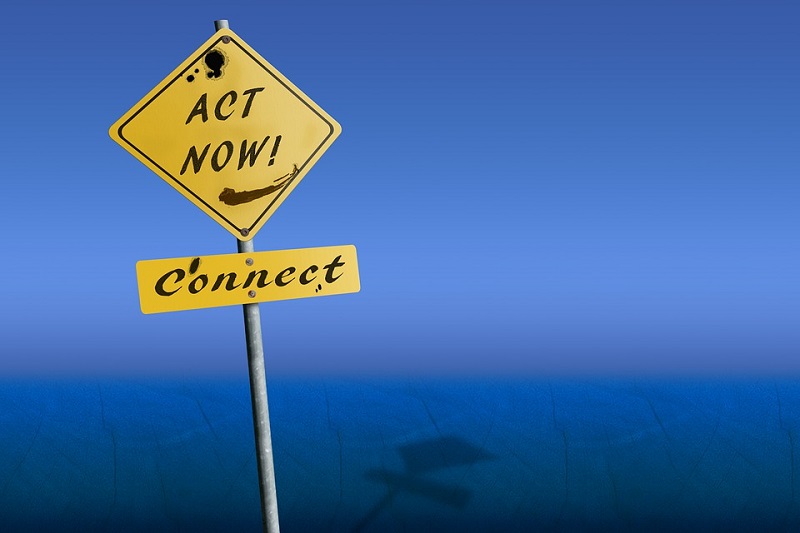
In a meeting held at the United Nations in New York recently, world leaders and tech companies have announced significant progress on the implementation of the Christchurch Call to Action to eliminate terrorist and extremist content online.
As reported, the meeting produced key outcomes. These are:
- An overhaul of the Global Internet Forum to Counter Terrorism (GIFCT) to make it an independent body that will drive much of the tech sector’s work on implementing the Call.
- The launch of a new crisis response protocol, to be used by governments and tech companies in the wake of terrorist and violent extremist attacks to coordinate and to manage the online impacts of the attack.
- The establishment of a Christchurch Call Advisory Network to advise on the implementation of the Call.
- 31 new countries and 2 organisations joined the Call bringing the total to 48 countries and 3 international organisations.
Background of the Initiative
The Call was launched in response to the 15 March terrorist attack in Christchurch where the murder of 51 people was broadcast live on the internet.
This has been copied and reposted millions of times at an unprecedented scale, in a deliberate effort to spread fear and compound the suffering of the victims.
The Internet was established to enable its users to create, to communicate, and to create value. It should remain as a domain that is open, free and secure.
States and companies must act together, with a shared sense of responsibility and respect for rights and freedoms, to combat the use of the internet for terrorist and violent extremist ends.
The Christchurch Call is not a traditional diplomatic initiative. Instead, it is an innovative, flexible coalition, dedicated to solving shared problems, which unites countries and tech companies.
On 15 May 2019, two months after, New Zealand Prime Minister Jacinda Ardern and French President Emmanuel Macron brought together Heads of State and Government and leaders from the tech sector to adopt the Christchurch Call to Action.
Seventeen countries, eight companies and the European Commission came together in a powerful demonstration of solidarity and a global commitment to prevent the exploitation of social media as a tool of terror.
Overhaul of the Global Internet Forum to Counter Terrorism
The new standalone GIFCT will have a dedicated structure and staffs to more capably carry out the business of disrupting terrorist and violent extremist use of member platforms.
As co-founders of the Christchurch Call, New Zealand and France will also help guide the work of the GIFCT as members of its new Independent Advisory Committee.
The relaunched GIFCT will do the following:
- Go beyond its current mission and address both terrorist and violent extremist content online
- Invest in new technology to counter this evolving problem
- Promote alternative narratives and positive interventions
- Perform a new crisis management function
- Help increase understanding of how algorithms and other processes drive radicalisation
- Invest in better understanding terrorist and violent extremist networks and modes of operation online
- Assist smaller online platforms
New crisis response protocol
A new shared crisis response protocol has also been established to respond quickly and effectively to prevent abhorrent content from spreading in the wake of a terrorist attack.
The shared protocol is operationally ready and could be used immediately in the event of a terrorist attack like Christchurch, where an online response is required.
It establishes common thresholds for action, principles and standards for transparency and actions to be taken when thresholds are reached.
The shared protocol ensures coordinated and rapid action by online platforms to counteract the viral spread of terrorist content.
It is a living framework that will be regularly tested, assessed and updated.
Advisory Network to the Christchurch Call
Terrorist use of the Internet is a complex challenge. This cannot be navigated as governments and companies alone.
Insights and guidance from the expertise and goodwill residing in the wide array of civil society organisations, focused on these issues, are needed.
Civil society organisations have joined the Christchurch Call Advisory Network and are now listed on the Christchurch Call website.
Their work will help guarantee that a broad range of perspectives integrate and live up to the commitments in the Call around supporting human rights and online freedoms, as well as the rights of victims of terror.
New countries and organisations
In Paris, 17 countries and the European Commission declared their support for the Christchurch Call to Action.
Now, over six months on from the Christchurch attacks, support for the Call has grown by 31 more countries and two more international organisations.
It has significantly expanded to 48 countries and 3 international organisations.
The Christchurch Call emphasizes the importance of fighting against terrorist and violent extremist content online in a way consistent with principles of a free, open and secure internet, without compromising human rights.
















